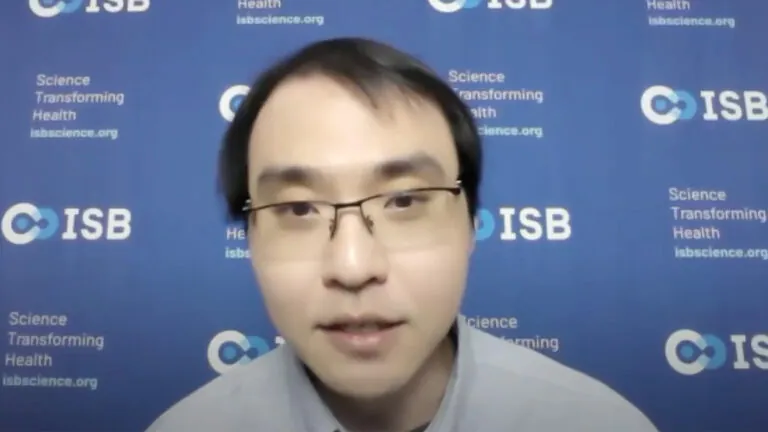
Melanoma Starts Evading Treatment Within Hours – Here’s How to Stop It
ISB researchers have uncovered a stealth survival strategy that melanoma cells use to evade targeted therapy, offering a promising new approach to improving treatment outcomes.

ISB researchers have uncovered a stealth survival strategy that melanoma cells use to evade targeted therapy, offering a promising new approach to improving treatment outcomes.

ISB’s Gibbons Lab developed a breakthrough method that analyzes food-derived DNA in fecal metagenomes, allowing for data-driven diet tracking without the need for burdensome questionnaires.

Dr. Wei Wei has developed a promising new companion diagnostic tool called MetaboCore to help physicians quickly select the most effective systemic therapy for each cancer patient.

New research highlights strengths of large language models in uncovering social determinants of health while underscoring the need for human oversight and improved de-identification methods.

Hussein is only the fourth AmeriCorps member to serve at ISB. In this Q&A, she shares insights into her education, what drew her to ISB, career aspirations, and more.

While at Washington University in St. Louis, Venkatesh and colleagues identified a novel gut microbial enzyme that impacts satiety-related signaling pathways in undernourished children treated with microbiota-directed complementary foods.

There has been an explosion of research into the two-way communication between the gut microbiota and the brain. This year, ISB hosted a virtual microbiome series dedicated to exploring the gut-brain axis.

ISB hosted a full-day symposium – titled Resonance – celebrating the life and scientific contributions of Professor Ilya Shmulevich, who passed away in April 2024 from complications of acute myeloid leukemia.